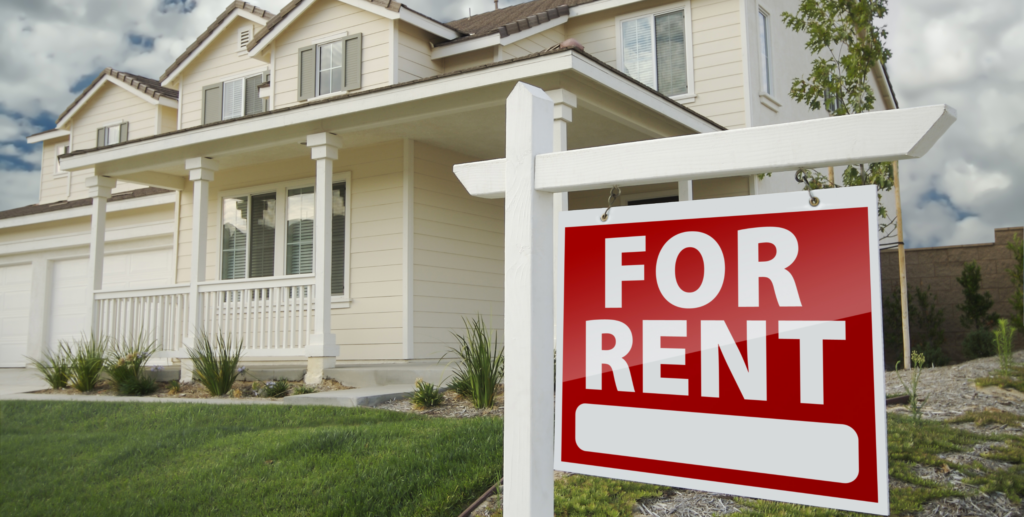What Is a Good ROI on Rental Property? (Factors & Tips)
When you buy a rental property, you do so with one goal in mind: to generate a positive return on investment (ROI).
So, What Is a Good ROI on Rental Property?
A good ROI on rental property typically ranges from 6% to 10%, although this can vary with location, property type, and market conditions. In some areas, ROIs over 12% are possible, while in expensive urban locations, a 4% to 6% ROI may still be favorable.
Now, let’s examine the finer points associated with rental property ROI.
How ROI on Rental Property Is Calculated
ROI on rental property is calculated by dividing annual rental income by the total investment cost, providing a percentage that reflects the property’s profitability. This percentage provides a clear understanding of how profitable your property is (or isn’t).
Here’s an example to illustrate how ROI is calculated for rental property. Suppose you’ve purchased a rental property for a total investment of $200,000, including the purchase price and renovations. In a year, you earn $18,000 in rental income from your property.
To calculate the ROI, divide the annual rental income ($18,000) by your total investment cost ($200,000). This calculation gives you 0.09, or 9%, which is the ROI.
Factors Impacting ROI on Rental Property
There’s no shortage of factors impacting ROI in rental property. Here are the most important ones to consider:
- Location: The geographical area where the property is located greatly impacts its rental demand, property values, and potential rental income.
- Property condition: Well-maintained or newly renovated properties generally yield higher rental incomes and require less maintenance costs, positively affecting ROI.
- Market trends: Real estate market conditions, including housing demand, rent prices, and economic factors, play a role in determining ROI.
- Financing costs: The terms of your mortgage, including interest rates and loan duration, influence your overall investment cost and ROI.
- Operational expenses: Costs such as property management, maintenance, insurance, and taxes directly affect the net income from the property.
Why Is 6% Considered a “Good” ROI on Rental Property?
When it comes to rental property, 6% ROI is commonly regarded as “good” due to several factors and general trends in real estate returns. This benchmark is shaped by these details.
Market comparisons
Historically, the average ROI for real estate investments hovers around the 6% mark. This figure is derived from long-term data, making it a reliable baseline for comparison.
Balancing risk and reward
A 6% ROI strikes a balance between risk and return. Higher ROIs might be attainable, but typically come with increased risk, such as buying in less-stable markets or purchasing properties requiring substantial improvement. Conversely, lower-risk investments often yield returns below 6%.
Comparison with other investments
When compared to other forms of investments like stocks or bonds, a 6% ROI in real estate is competitive, especially when considering the added benefits of property ownership, such as potential appreciation and tax advantages.
Inflation and economic factors
The 6% figure also takes into account broader economic factors like inflation. It represents a return that not only keeps pace with inflation but also offers real growth in investment value.
Local market variances
While 6% is a general benchmark, local market conditions can affect what’s a “good” ROI.
Quick Tips to Improve ROI on Your Rental Property
Improving the ROI of your rental property involves strategic upgrades and efficient management. Here are some tips you can quickly employ:
- Optimize rental pricing: Regularly assess the local rental market to ensure your rental pricing is competitive, yet maximizes income. Avoid overpricing, which can lead to long-term vacancies.
- Enhance property appeal: Simple aesthetic improvements, like fresh paint or updated landscaping, can increase the property’s attractiveness and justify a higher rent.
- Reduce operating expenses: Audit and minimize ongoing expenses such as utilities, maintenance, and property management fees to increase net income.
- Effective marketing: Utilize various marketing channels, with an emphasis on online platforms, to reach a large audience and subsequently reduce vacancy periods.
- Regular maintenance: Proactively maintaining the property prevents costly repairs in the long run and keeps tenants satisfied, reducing turnover rates.
Final Thoughts
Now that we’ve answered the question “What is a good ROI on rental property,” you have something to strive for. If your return is falling short of the 6% benchmark, implement the guidance and tips outlined here today.
Find financial freedom through rentals
If you’re considering using rental properties to build wealth, this book is a must-read. With nearly 400 pages of in-depth advice for building wealth through rental properties, The Book on Rental Property Investing imparts the practical and exciting strategies that investors use to build cash flow and wealth.
Note By BiggerPockets: These are opinions written by the author and do not necessarily represent the opinions of BiggerPockets.
